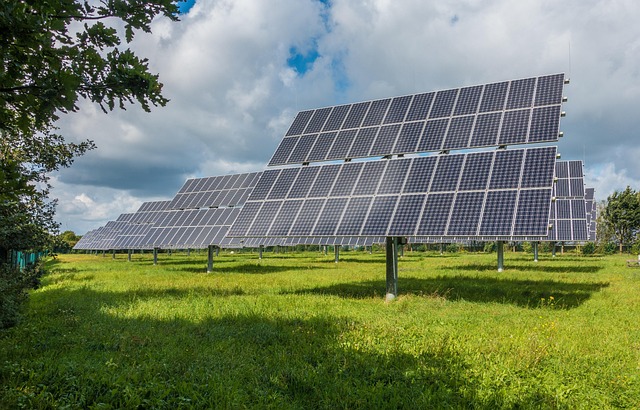In recent years, the awareness around climate change and the necessity for sustainable energy solutions has gained momentum. One of the most groundbreaking technologies to emerge in this quest for sustainability is the solar panel. This renewable energy source not only offers a viable alternative to fossil fuels but also plays a pivotal role in the development of rural areas, transforming communities into beacons of sustainability.
Rural areas often face unique challenges, including limited access to reliable energy sources. Traditional energy infrastructures are frequently not feasible, leading to a reliance on kerosene lamps and diesel generators, both of which are harmful to the environment and the health of the community. The introduction of solar panels offers a transformative solution. By harnessing the sun’s energy, these panels provide a clean, renewable source of electricity, allowing rural communities to thrive.
One of the most exciting aspects of solar energy is its potential to enhance transport sustainability in these regions. With access to renewable energy, electrification of public transport becomes feasible. Buses, scooters, and even taxis powered by solar energy can significantly reduce greenhouse gas emissions, providing a cleaner alternative to fossil fuel-powered vehicles. This shift not only cuts down on air pollution but also promotes affordable mobility options for rural populations, enhancing their quality of life.
Moreover, solar energy can catalyze local economic development. By investing in solar panel projects, rural areas encourage job creation within the green energy sector. Installing, maintaining, and managing solar energy systems open up employment opportunities, allowing locals to participate actively in their communities’ development. Skilled workers trained in solar energy technologies can become catalysts for change, bringing knowledge and resources back to their communities.
The ripple effect of solar energy extends beyond just electricity. With reliable power, educational institutions can fully utilize modern technology—computers, lab equipment, and digital learning tools—enhancing the quality of education in rural settings. This access to resources energizes the minds of younger generations, promoting innovation and inspiring future leaders who are passionate about sustainability.
Additionally, access to consistent energy allows for greater food security. With the power provided by solar panels, farmers can utilize modern equipment to increase productivity and improve food preservation methods, ultimately leading to reduced waste. Solar-powered irrigation systems can help optimize water usage and yield healthier harvests, meaning more sustenance and better livelihoods for farmers and their families.
As we look toward a sustainable future, the intersection of solar panel technology and rural development presents an unparalleled opportunity. It offers a way to not only combat climate change but to uplift entire communities by empowering them with the tools they need to thrive. By investing in solar energy, we are indeed investing in a strong, sustainable, and equitable future for all.




